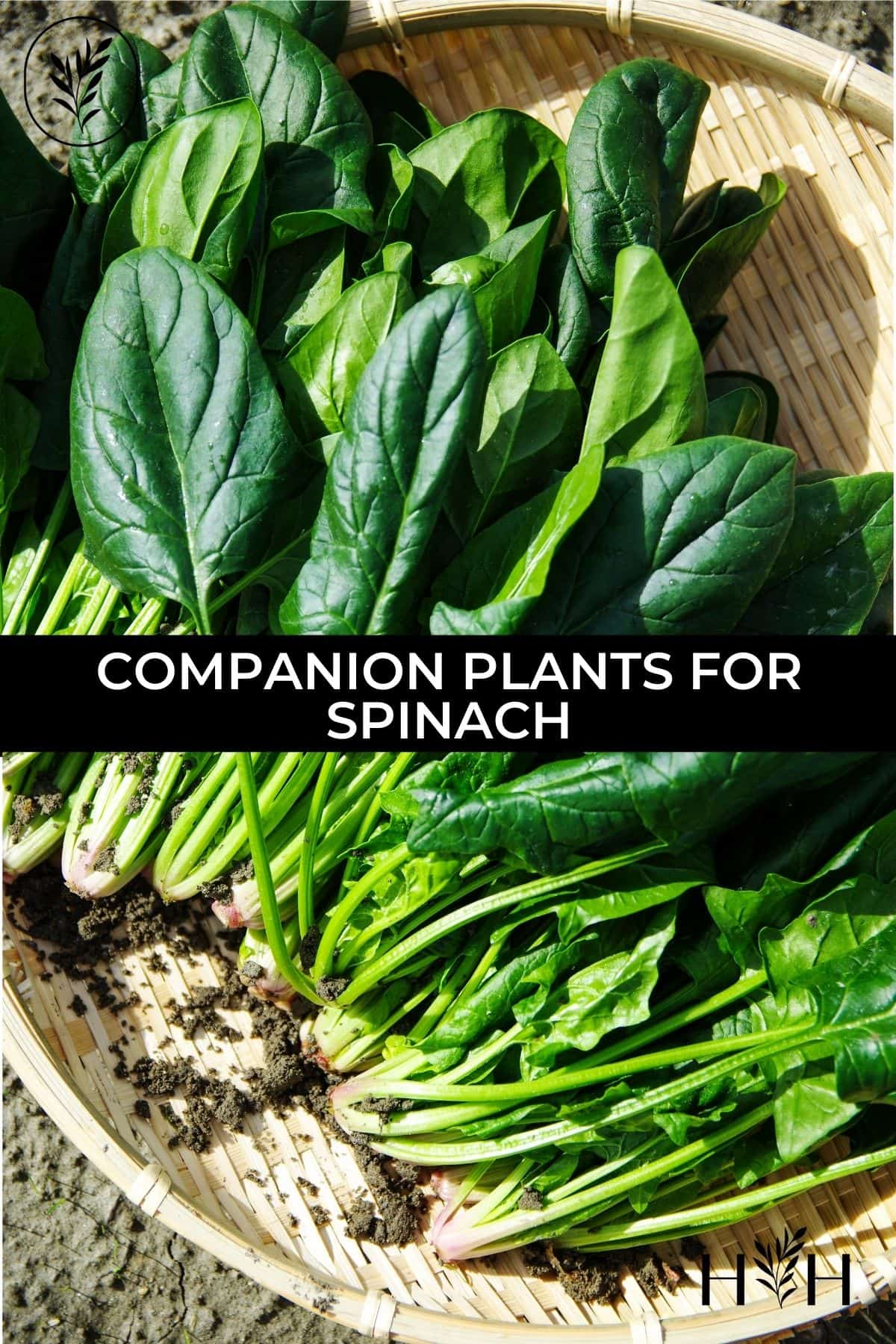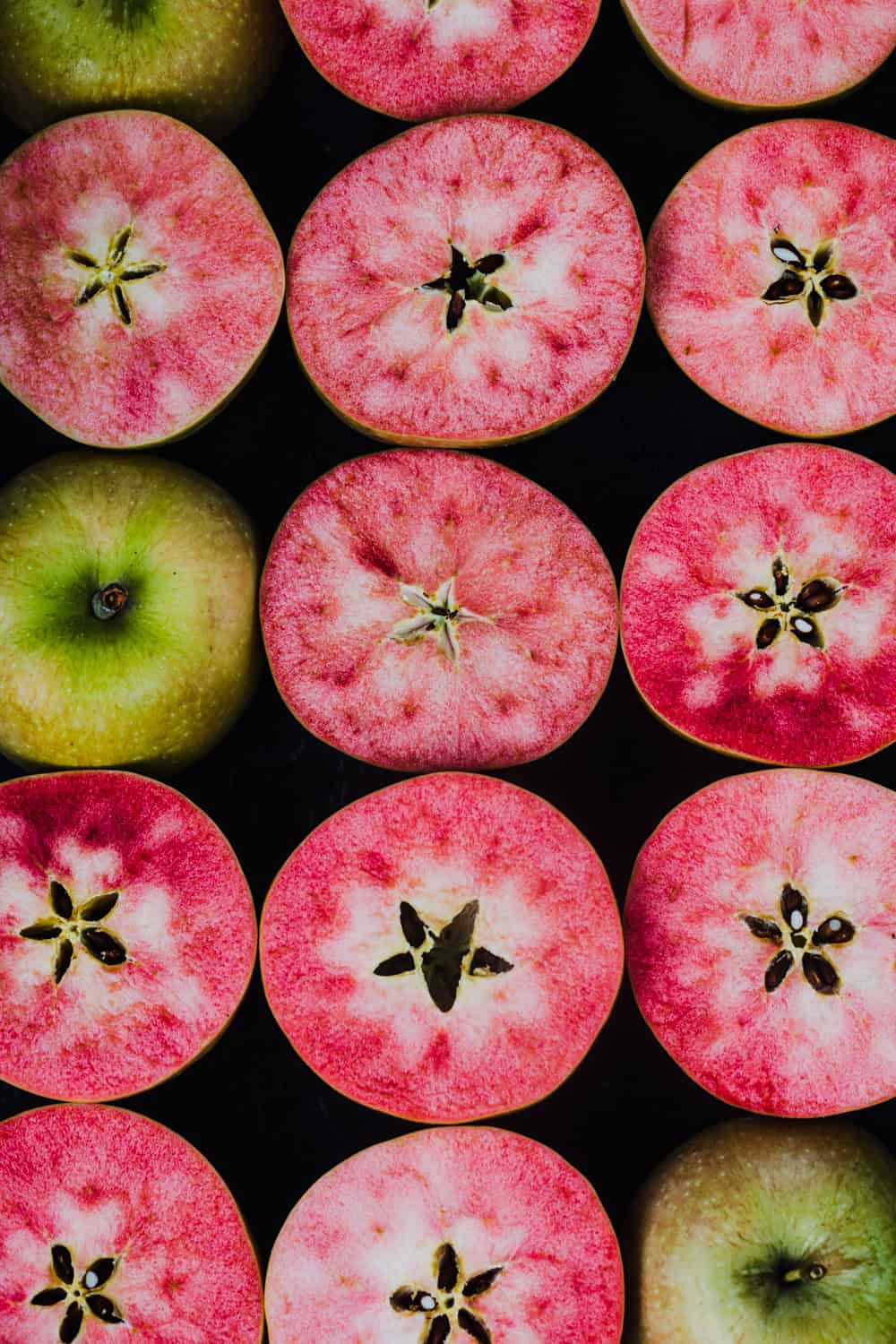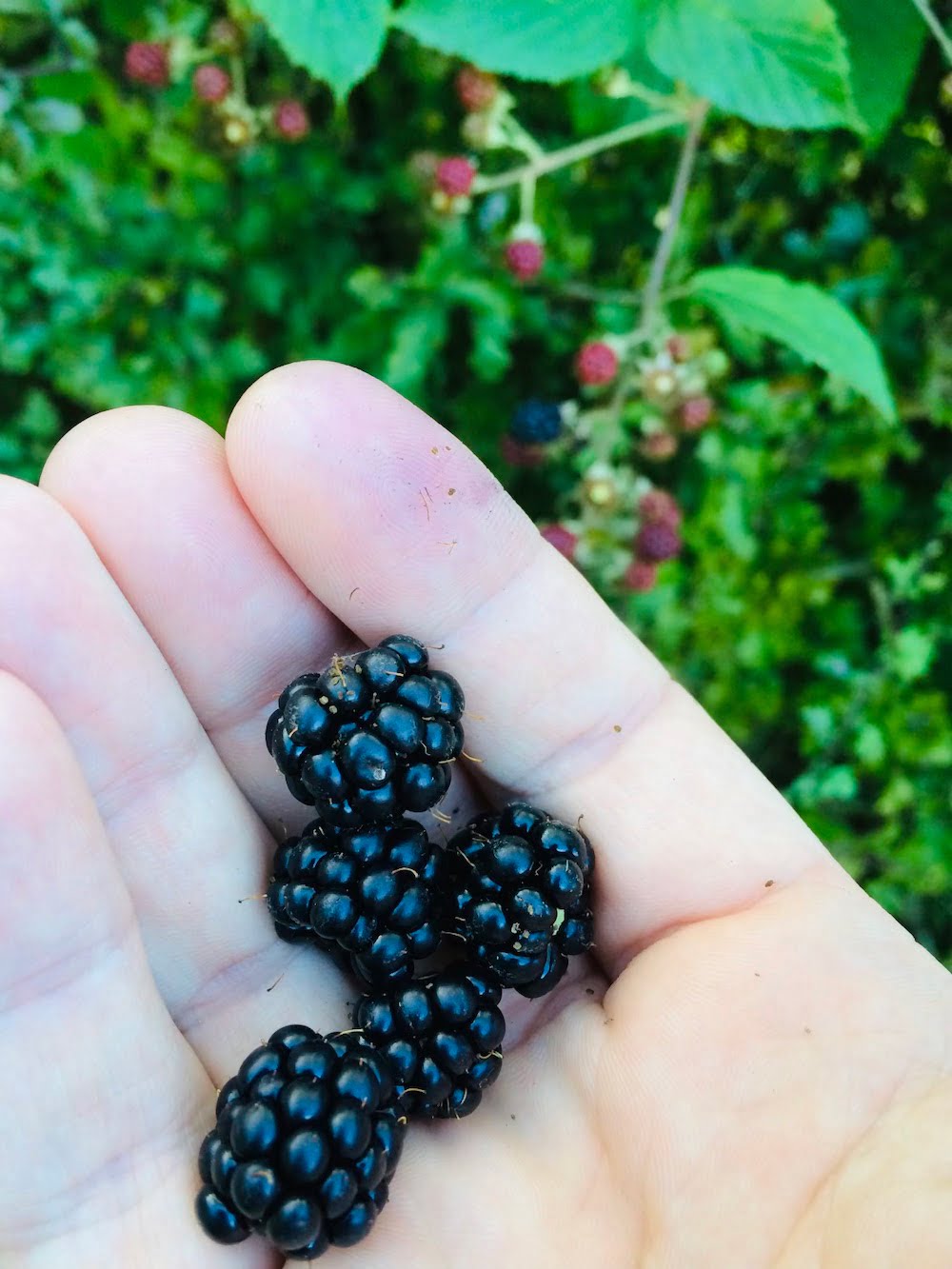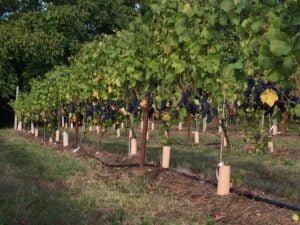So you’ve decided to try your hand at growing spinach in your garden. Great choice! Spinach is a nutritious and versatile vegetable that can be enjoyed in salads, stir-fries, and even smoothies. To ensure the success of your spinach crop, it’s important to carefully choose which plants to grow alongside it. Certain plants, known as “companion plants,” can actually hinder the growth and development of spinach. In this article, we’ll explore some common companion plants to avoid with spinach, helping you create a thriving and fruitful garden.
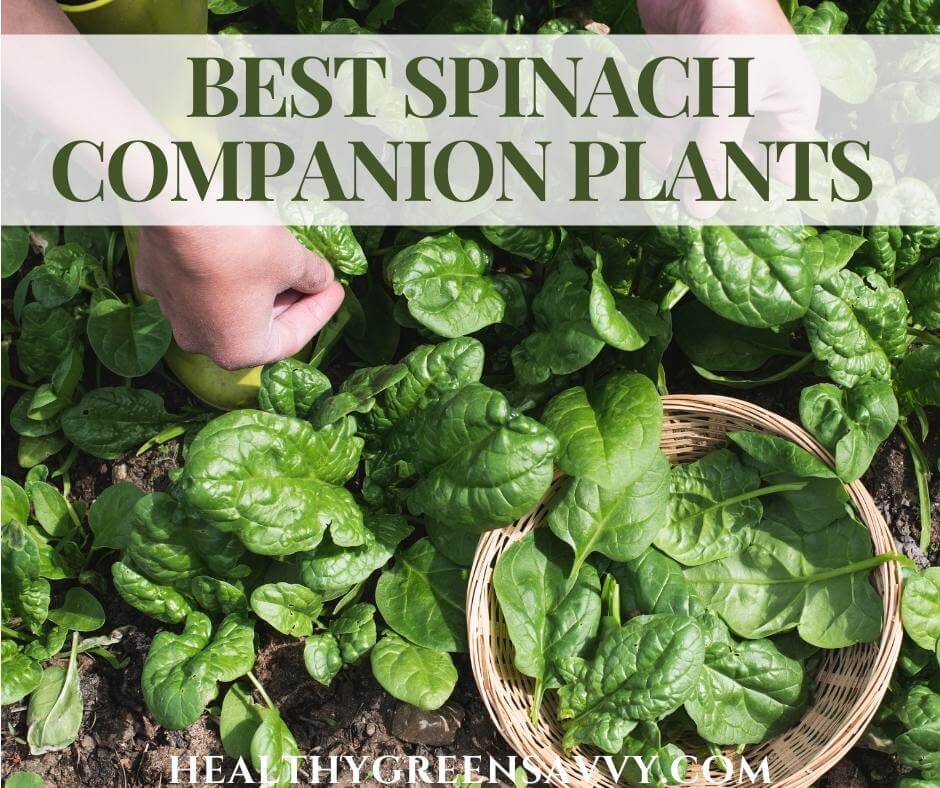
Herbs to Avoid with Spinach
Basil
While basil is a popular herb that adds a fragrant and fresh flavor to many dishes, it is not the best companion for spinach. Basil and spinach have different growth rates and requirements, which can lead to difficulties when planted together. Basil tends to grow taller and bushier than spinach, casting shade on the spinach plants and inhibiting their growth. Additionally, basil may attract pests that can also harm spinach plants. Therefore, it is advisable to avoid planting basil alongside your spinach.
Rosemary
Similar to basil, rosemary can compete with spinach for sunlight, space, and nutrients. Rosemary is a woody perennial herb that can grow quite tall and may overshadow the spinach plants when planted nearby. The aggressive growth of rosemary can stunt the growth of spinach and inhibit its ability to thrive. Additionally, rosemary has a strong fragrance that may deter some pests, but it can also attract certain insects that could harm the spinach. It is best to keep rosemary and spinach separate in your garden.
Dill
Dill is another herb that is not recommended to be planted alongside spinach. Dill has a tendency to spread rapidly through self-seeding, which can result in overcrowding and competition for resources. The rapid growth of dill can overshadow spinach plants, depriving them of essential sunlight. Moreover, dill and spinach have different water requirements, with dill preferring a drier environment. Planting them together may make it challenging to provide optimal growing conditions for both herbs. Therefore, it is advisable to avoid planting dill in close proximity to your spinach.
Mint
While mint is a refreshing and popular herb, it is not the best companion for spinach due to its invasive nature. Mint is known for its ability to spread aggressively and take over garden beds if not properly contained. When planted near spinach, mint can outcompete and overshadow the spinach plants, causing them to struggle for sunlight, space, and nutrients. Moreover, mint has a unique aroma that can mask other scents, making it difficult for beneficial insects to locate spinach for pollination. It is recommended to keep mint and spinach separated to ensure the optimal growth of both plants.
Vegetables to Avoid with Spinach
Beets
Although beets and spinach are both nutritious and delicious additions to any meal, their compatibility in the garden is not ideal. Beets have a taproot that grows deep into the soil, which can compete with spinach for water and nutrients. This competition can hinder the growth of both plants and result in reduced yields. Moreover, beets tend to grow larger and broader leaves than spinach, which can cast shade on the spinach plants, hindering their ability to photosynthesize effectively. To ensure the optimal growth of both crops, it is best to keep beets and spinach separate in the garden.
Cabbage
Cabbage is a cool-season vegetable that may not be the best companion for spinach due to their differing growth habits and nutritional requirements. Cabbage plants can grow significantly larger than spinach and take up considerable space in the garden. This can result in overcrowding and shade, which can negatively impact the growth of spinach. Additionally, both cabbage and spinach are heavy feeders, meaning they require nutrient-rich soil. Planting them together may deplete the soil of essential nutrients, leading to reduced yields. It is advisable to give both cabbage and spinach their separate growing areas to optimize their growth.
Lettuce
While lettuce and spinach are often used together in salads, they may not thrive when planted side by side in the garden. Lettuce and spinach have similar growth habits, and when planted too closely, they can compete for resources such as water, nutrients, and sunlight. This competition can result in stunted growth and reduced yields for both plants. Additionally, lettuce tends to grow taller and broader leaves than spinach, which can cast shade on the spinach plants and inhibit their growth. To enjoy bountiful harvests of both lettuce and spinach, it is recommended to provide them with separate growing areas.
Onions
Onions and spinach make a delicious combination in various dishes, but they may not be the best companions in the garden. Onions have extensive root systems that can compete with spinach for water and nutrients, hindering the growth and development of both plants. Additionally, onions tend to be taller and broader than spinach, casting shade on the spinach plants and inhibiting their ability to photosynthesize effectively. To optimize the growth of both crops, it is advisable to allocate separate areas for onions and spinach in your garden.
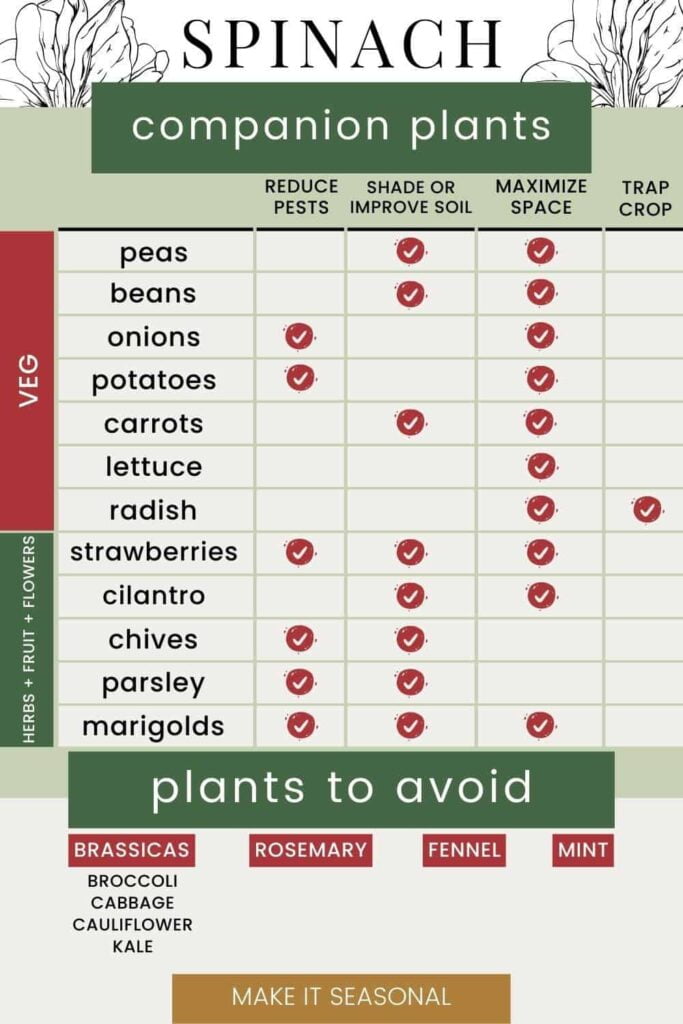
Fruits to Avoid with Spinach
Strawberries
Strawberries are a popular fruit that many gardeners love to grow, but they may not be the best companion for spinach. Strawberries are known to spread by runners, which can quickly outcompete and shade out spinach plants. Additionally, strawberries and spinach have different water requirements, with strawberries preferring moist soil and spinach needing well-drained conditions. Planting them together may lead to difficulties in providing the optimal growing conditions for both crops. To ensure the best results, it is advisable to keep strawberries and spinach separate in the garden.
Tomatoes
Tomatoes and spinach are both common ingredients in numerous dishes, but their compatibility in the garden can be challenging. Tomatoes are tall plants that cast shade over nearby crops, including spinach. The shade from tomato plants can inhibit the growth of spinach, resulting in stunted and less productive plants. Moreover, tomatoes are heavy feeders that require a significant amount of nutrients, which can deplete the soil and impact the growth of spinach. For optimal yields of both tomatoes and spinach, it is recommended to provide them with separate growing areas.
Flowers to Avoid with Spinach
Marigolds
Marigolds are often used in companion planting to repel pests from vegetable gardens. However, when it comes to spinach, marigolds may not be the best choice. Marigolds release certain chemicals into the soil that can inhibit the growth of nearby plants, including spinach. These chemicals, known as allelopathic compounds, can negatively affect the germination and growth of spinach seeds. To ensure the best growth and yield of your spinach, it is recommended to avoid planting marigolds in close proximity.
Sunflowers
Sunflowers are admired for their tall and vibrant blooms, but they may not be the most suitable companion for spinach. Sunflowers can grow significantly larger and broader than spinach plants, casting shade on the smaller plants and inhibiting their growth. Additionally, sunflowers have an extensive root system that can compete with spinach for water and nutrients, leading to reduced growth and yields. To ensure the optimal growth of both sunflowers and spinach, it is best to give them their separate spaces in the garden.
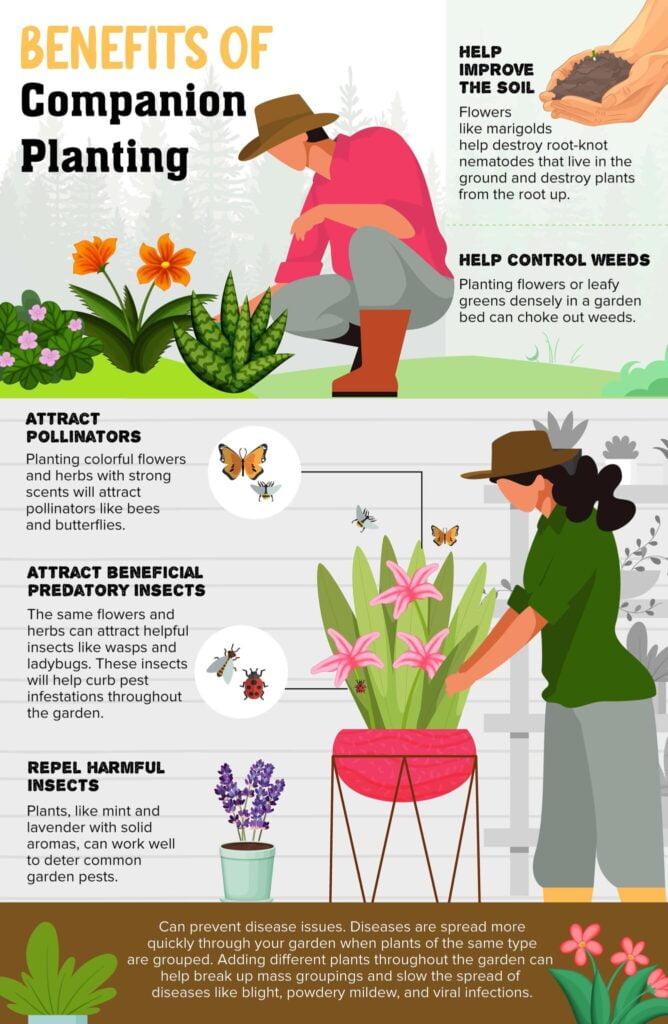
Companion Plants that Attract Pests to Avoid with Spinach
Beans
While beans are a valuable addition to many gardens, they are not the most compatible companion for spinach. Beans are known to attract pests such as aphids and beetles, which can also harm spinach plants. Planting beans near spinach may increase the likelihood of pest infestations and impact the overall health of both crops. To avoid attracting pests and maximize the growth of your spinach, it is advisable to keep beans and spinach separated in your garden.
Corn
Corn is a staple vegetable in many gardens, but its companionability with spinach can be challenging. Corn plants tend to grow tall and create a dense canopy that can shade out nearby plants, including spinach. The shade from corn can hinder the growth and development of spinach, resulting in reduced yields. Additionally, corn is a heavy feeder that requires a significant amount of nutrients, which can deplete the soil and impact the growth of spinach. To ensure the best results, it is recommended to provide separate growing areas for corn and spinach.
Plants that Compete for Nutrients with Spinach
Carrots
Carrots and spinach are both nutritious vegetables, but they may not be the best companions in the garden. Carrots have a taproot that grows deep into the soil, competing with spinach for water and nutrients. This competition can result in reduced growth and yields for both plants. Additionally, carrots tend to take longer to germinate and grow, which can create an uneven distribution of resources in the soil. To optimize the growth of both crops, it is advisable to allocate separate areas for carrots and spinach in your garden.
Radishes
Radishes are quick-growing root vegetables that may not be the most suitable companion for spinach. Radishes have a similar growth habit as carrots, with a taproot that competes with spinach for water and nutrients. The competition between radishes and spinach can lead to reduced growth and yields for both crops. Moreover, radishes tend to mature and bolt faster than spinach, which can create uneven shading in the garden. For the best results, it is recommended to plant radishes and spinach in separate areas to ensure optimal growth.
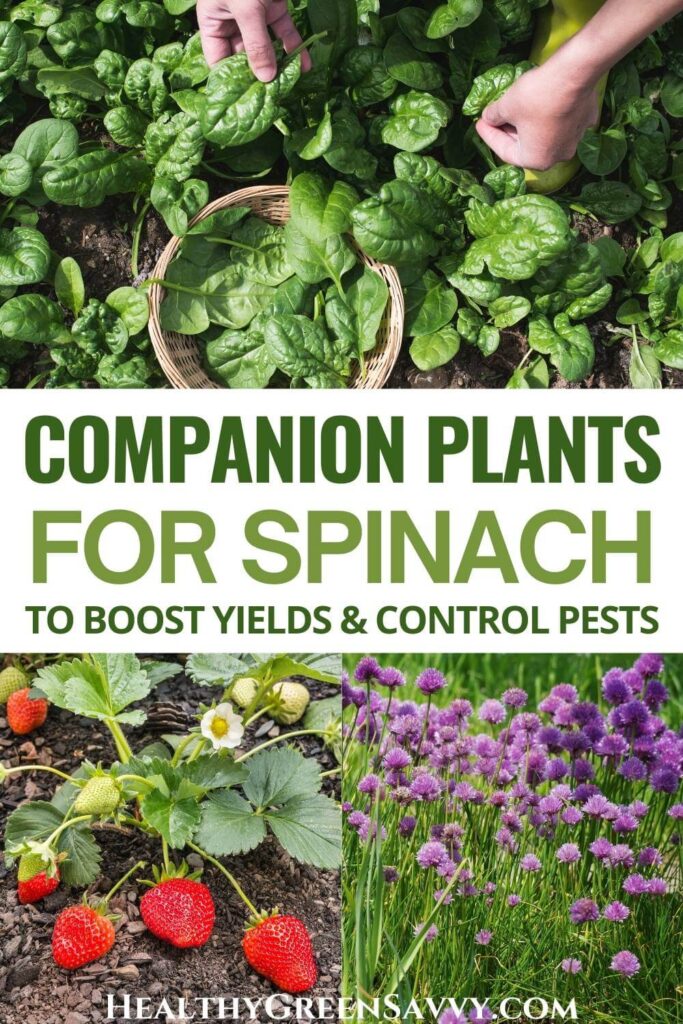
Plants with Similar Timing of Growth to Avoid with Spinach
Broccoli
Broccoli and spinach share similar cool-season growing requirements, but their compatibility in the garden may pose challenges. Broccoli plants can grow larger and broader than spinach, casting shade on the smaller plants and inhibiting their growth. Additionally, both crops require a significant amount of nutrients, which can result in competition for resources in the soil. To avoid overcrowding and maximize the growth of both plants, it is best to give them their separate spaces in the garden.
Cauliflower
Cauliflower is another cool-season vegetable that may not be the most compatible companion for spinach. Similar to broccoli, cauliflower plants can grow larger and overshadow spinach, causing reduced growth and yields. Additionally, both crops require nutrient-rich soil, and planting them together may deplete the soil of essential nutrients more quickly. To ensure the best results, it is recommended to allocate separate areas for cauliflower and spinach in your garden.
Plants that Have Allelopathic Effects on Spinach
Peas
Peas are a delicious and nutritious addition to any garden, but their compatibility with spinach can be challenging. Peas, particularly field peas, release allelopathic compounds into the soil that can inhibit the growth of nearby plants, including spinach. These compounds can affect the germination, growth, and development of spinach seeds and plants. To avoid potential negative effects on the growth of your spinach, it is advisable to keep peas and spinach separated in your garden.
Fennel
Fennel is an herb with a distinct licorice-like flavor that may not be the best companion for spinach. Fennel releases allelopathic compounds into the soil that can inhibit the growth of nearby plants, including spinach. These compounds can affect the germination and growth of spinach seeds and plants. Moreover, fennel plants can grow quite tall and broad, casting shade on nearby spinach plants and inhibiting their growth. To ensure the optimal growth of both fennel and spinach, it is best to give them their separate spaces in the garden.
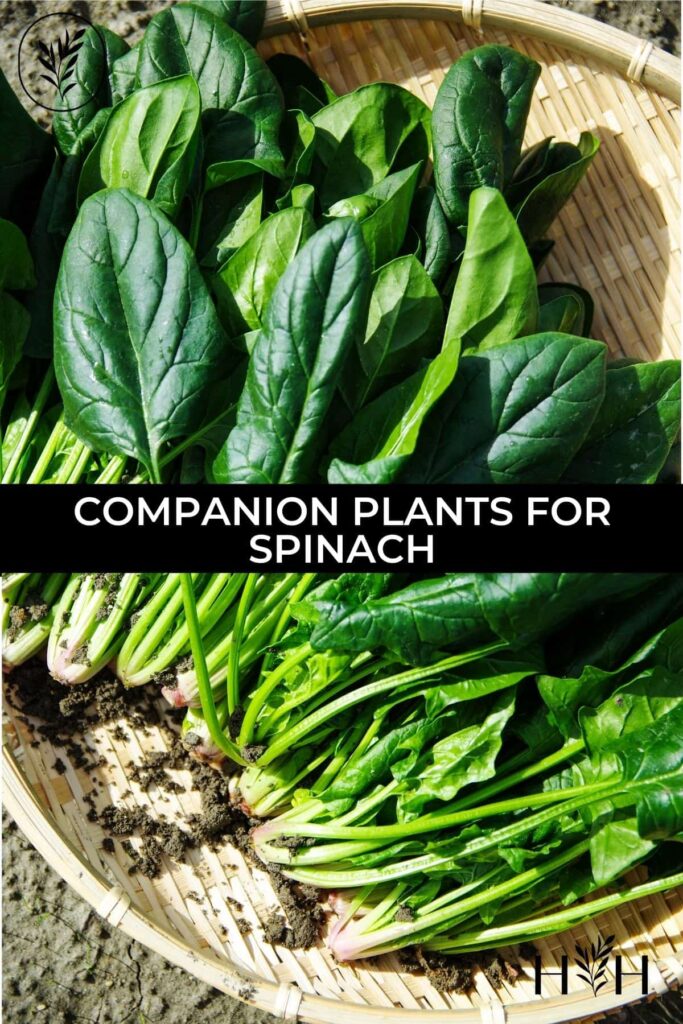
Plants that Require Different Soil Conditions than Spinach
Cucumbers
Cucumbers are popular vining vegetables, but their compatibility with spinach can be challenging due to their different soil requirements. Cucumbers prefer consistently moist soil, while spinach requires well-drained conditions. Planting them together may create difficulties in providing optimal growing conditions for both crops. Additionally, cucumbers can grow aggressively and overshadow the smaller spinach plants, reducing their access to sunlight. To maximize the growth and yield of both crops, it is recommended to keep cucumbers and spinach separated in your garden.
Potatoes
Potatoes are a staple crop for many gardeners, but their companionability with spinach has some limitations. Potatoes require loose, well-drained soil, while spinach prefers fertile and well-drained conditions. Planting them together may result in uneven moisture and nutrient distribution in the soil. Additionally, potato plants grow quite tall and broad, potentially casting shade on nearby spinach plants and inhibiting their growth. To ensure the best results, it is advisable to provide separate growing areas for both potatoes and spinach.
Plants that Occupy Excessive Space and Shade with Spinach
Pumpkins
Pumpkins are known for their sprawling vines and large fruits, but they may not be the best companion for spinach. Pumpkins require a significant amount of space to grow and can quickly overshadow smaller plants, including spinach. The shade cast by pumpkin plants can inhibit the growth and productivity of spinach, resulting in reduced yields. Moreover, pumpkins can be aggressive growers, spreading rapidly and competing with spinach for water and nutrients. For optimal growth of both crops, it is recommended to keep pumpkins and spinach in separate areas.
Squash
Squash plants, including both summer and winter varieties, can pose challenges when planted alongside spinach. Similar to pumpkins, squash plants have sprawling vines and can overshadow smaller plants, inhibiting their growth. Additionally, squash plants require a significant amount of space and can compete with spinach for sunlight, water, and nutrients. This competition can result in reduced growth and yields for both crops. For the best results, it is advisable to provide separate growing areas for squash and spinach.
Melons
Melons, such as watermelons and cantaloupes, are beloved summertime fruits, but their compatibility with spinach can be challenging. Melon plants are vigorous growers that require ample space to spread and produce their fruits. When planted alongside spinach, melons can overshadow and shade out the smaller plants, inhibiting their growth. Additionally, melons are heavy feeders that require a significant amount of nutrients, which can deplete the soil and impact the growth of spinach. For optimal growth of both crops, it is best to allocate separate areas for melons and spinach in your garden.
In conclusion, while spinach is a versatile and nutritious vegetable, there are certain companion plants to avoid to ensure its optimal growth and productivity. Herbs like basil, rosemary, dill, and mint may have different growth requirements and attract pests that can harm spinach. Vegetables such as beets, cabbage, lettuce, and onions may compete for resources and hinder the growth of spinach. Fruits like strawberries and tomatoes, flowers like marigolds and sunflowers, and even plants like beans and corn can also negatively impact spinach. Additionally, plants with similar timing of growth, allelopathic effects, different soil conditions, and excessive space and shade should be kept separate from spinach.
By being mindful of the companion plants to avoid and providing suitable growing conditions, you can ensure the successful cultivation of healthy and vibrant spinach plants that will supply you with an abundance of nutritious greens for your culinary endeavors. Happy gardening!
